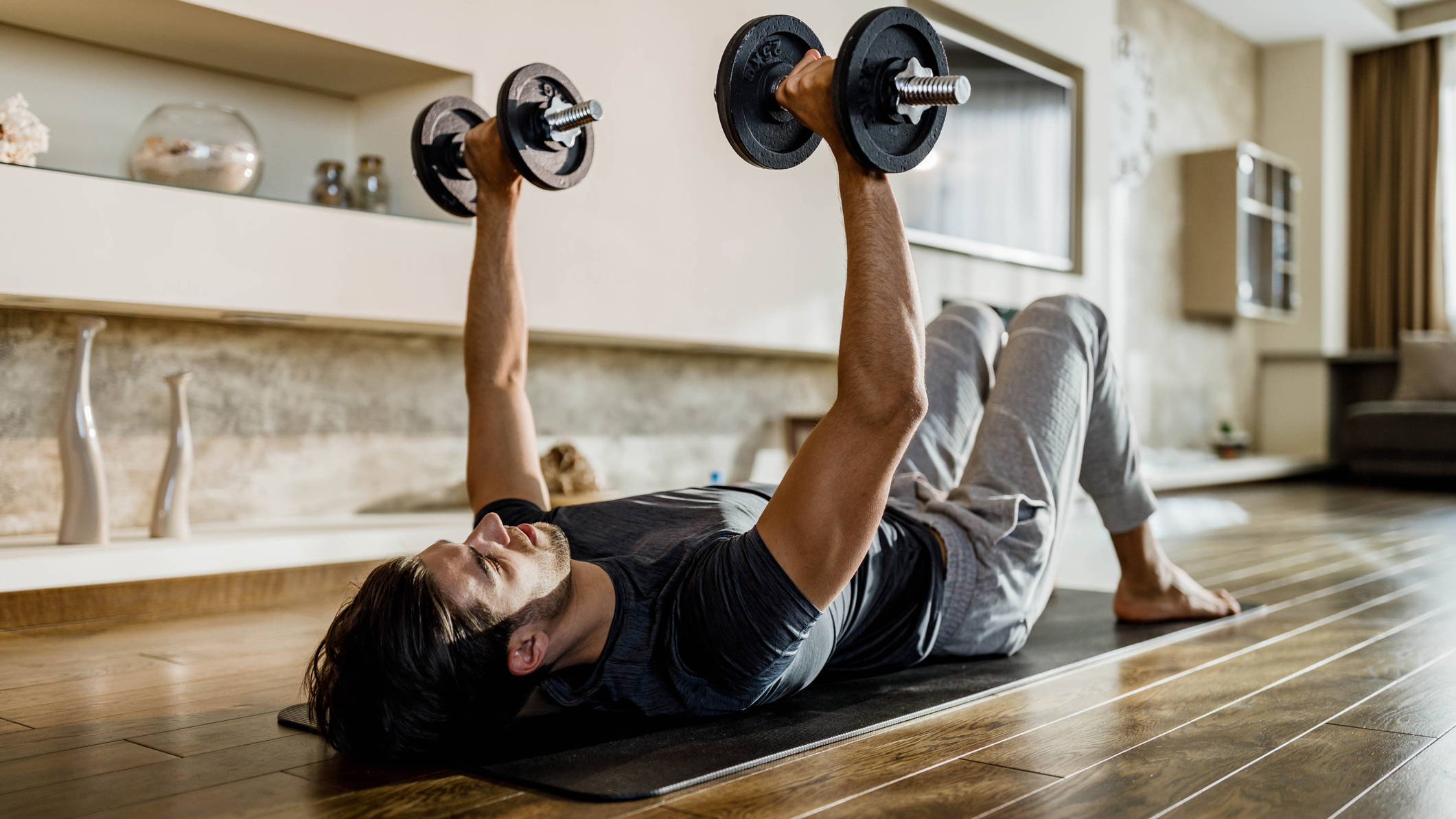Switch up your workouts to lose weight and get better mental health
Changing your workouts can not only benefit your body, but improve your mental health according to science


If your fitness has settled into the same old boring routine during the pandemic, you're not the only one. Whether it's the same HIIT workouts in your living room once a week, or an identical lunchtime running route, you're not alone. If your routine's getting stale, it's a great idea to change things up for both your physical and mental health. Whether you want to try learning to do a bench press with the best adjustable dumbbells or you're interested in lacing up a pair of the best trail running shoes, it's time to do something different.
A new study, published by researchers from the University of Basel, found that getting active helps our psychological well-being as we know, but changing that activity into something novel carries more benefits than the usual stuff. Researchers at the University Psychiatric Clinics collected data from over 100 patients with mental disorders by comparing their movement data with the patient's well-being surveys.
The results showed that the more people moved and (crucially) the more varied their movements, the greater their sense of well-being. Breaking their old movement patterns dramatically improved their sense of happiness, according to the study.
Professor Andrew Gloster, lead author on the study, said: "Our results suggest that activity alone is not enough to reduce symptoms of mental disorders, but can at least improve subjective well-being.

"Although the data were collected before the pandemic, the results are also relevant in light of the limitations during the coronavirus crisis," he said, citing that lots of group activities were discontinued during that time, so most people's physical activity patterns are likely to have become more monotonous.
It's not just about your mental health: doing new stuff provides greater motivation to lose weight and stay active. A study published in the scientific journal PLOS One measured muscle thickness, motivation and strength in two groups of people who already had experience with resistance training.
One group performed a similar series of exercises for eight weeks, while the other performed exercises which were randomly selected by an app. Both groups experienced similar benefits in muscle thickness and strength, so the random exercises were just as beneficial as the controlled programme. However, the random group recorded much higher levels of motivation to keep on training than the people doing the same exercises every session, who felt considerably more burned out.
Start your week with achievable workout ideas, health tips and wellbeing advice in your inbox.
If you find yourself bored with exercise, or missing workouts, you should mix things up and try new exercises you've never done before. To get you started, we've got a list of easy exercise swaps to break out of a workout rut.
Matt Evans is an experienced health and fitness journalist and is currently Fitness and Wellbeing Editor at TechRadar, covering all things exercise and nutrition on Fit&Well's tech-focused sister site. Matt originally discovered exercise through martial arts: he holds a black belt in Karate and remains a keen runner, gym-goer, and infrequent yogi. His top fitness tip? Stretch.
